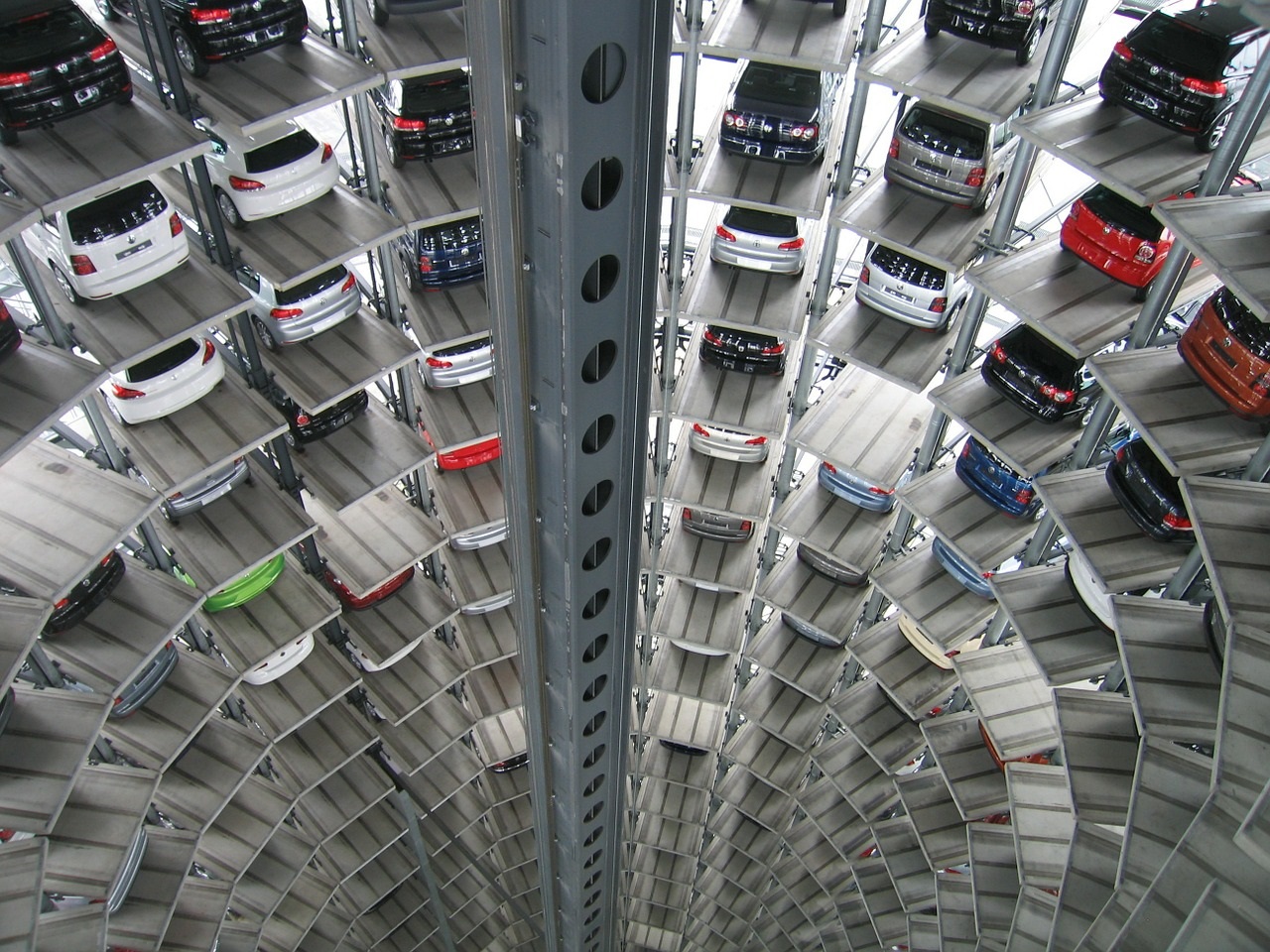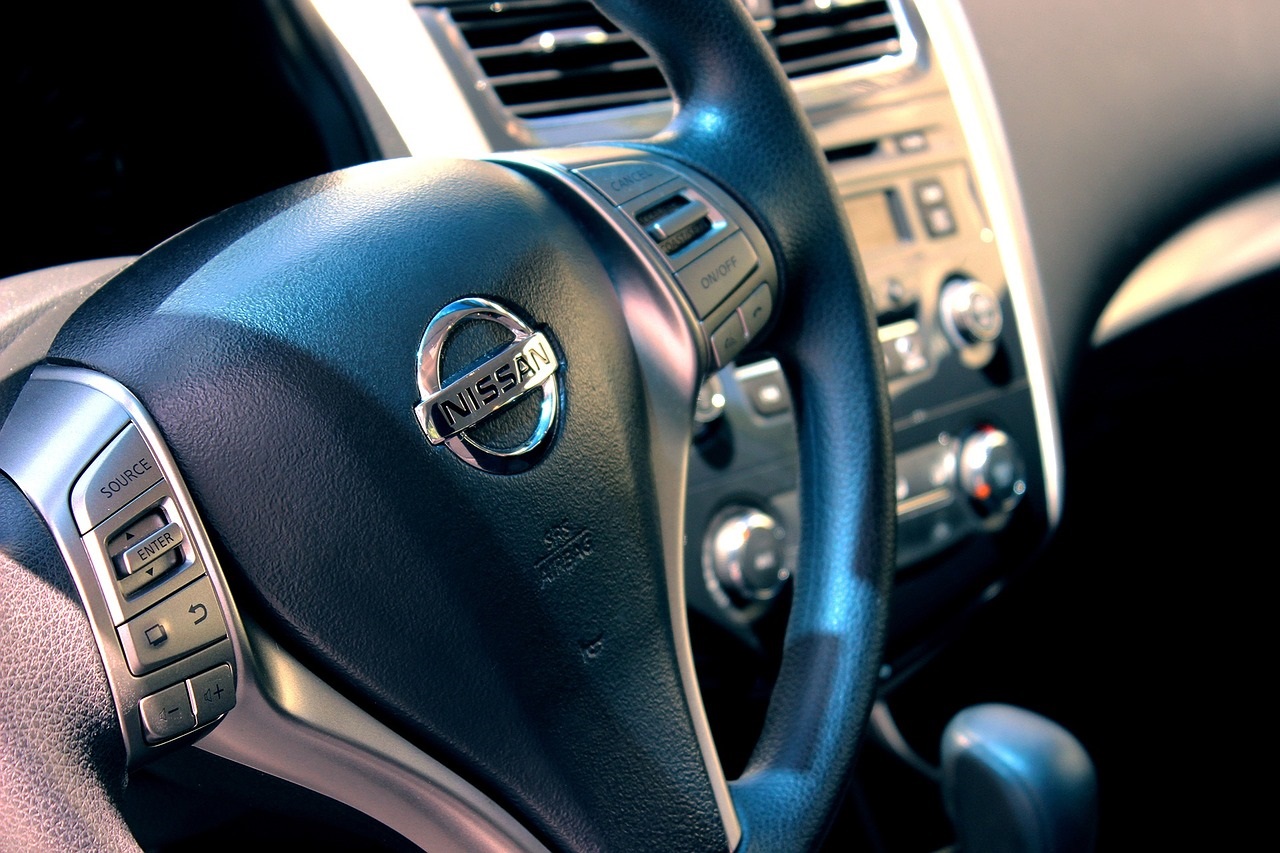A special deal for the car industry: how could it work?
Written by: Nick Phipps
At the end of last month, Nissan confirmed a major investment in its Sunderland site following support and assurances from Teresa May. This news was received with much speculation as to what the “support and assurances” of the British government could be.
Whilst the details are yet to emerge from Number 10, Dr Peter Holmes reveals different options of what a special post-Brexit deal for Nissan, and the car industry generally, could be.

It is very difficult to imagine a deal in which the UK left the EU but the car industry saw no change in its trading conditions.
The problem
For the car industry, leaving the EU brings several major problems:
- in the worst case UK exports to the EU would pay 10% tariffs
- even if we signed a Free Trade Agreement with the EU to make cars duty free, this only covers cars “originating in” the EU and they must produce proof of satisfying rules of origin
- UK-made cars would have to prove that they complied with all EU mandatory technical standards, something which is taken for granted for member states
1. If we don’t have any sort of trade deal, (WTO status) then all cars exported to the EU will pay a 10% tariff entering the EU. A 10% tariff would represent a burden far more than 10% of the total of wages and profits in the industry. Since tariffs on components are much lower, it would greatly reduce the attractiveness of the UK in value chains.
2. If we have a Free Trade Agreement with the EU this means products made in each partner go duty free into the other but third country goods (including components) would still pay separate duties going into each partner.
A full FTA would make cars free of tariffs into the EU, but vehicles would, to benefit from this, still have to prove they were actually made in the UK to comply with rules of origin (or with parts and components from the EU under a “cumulation” agreement). EU FTA Rules of Origin currently require 60% of a car’s value added to be local to benefit from the FTA. (Otherwise it counts as just a kind of re-export). Value chains and production means that the average UK car is below 50%.
A study by KPMG found: “In the UK, 37% of the total value of spend in the supply chain (£33 billion in 2012) is currently sourced locally. Depending on the manufacturer, between 20-50% is imported from the EU and the rest from outside the EU.” [1] This indicates the importance of a “cumulation” deal that allows UK firms to count parts and components from the EU as “local”.
3. Also, even if we have an FTA this does not automatically guarantee that fully UK-made cars go in free from technical inspections at the border. Only the European Economic Area (EEA) arrangement avoids this. The EEA is a Free Trade Agreement plus a “regulatory union”.
For decades the whole of Europe has used car standards set by the UNECE in Geneva, but national and now EU law has laid down the“Conformity Assessment” rules for the tests car makers have to prove their cars’ compliance. Having common standards is not enough to eliminate technical barriers to trade. For decades the EU car market was totally segmented because countries had their own testing arrangements and did not recognise each other’s “Type Approval certificates”.
Within the EU and the wider EEA (the EU plus Norway, Iceland and Liechtenstein) there is a system of mutual recognition of testing and certification. So cars made in Sweden by the now Chinese-owned Volvo going into Norway don’t have to show papers to prove they satisfy Norwegian safety rules, even though they do have to show evidence that they don’t contain more than 40% Chinese components. Within the EEA all states have to have same mandatory standards and EU-accredited system to enforce them. Countries not in the EU cannot rely on any such “mutual recognition”.

What could the government offer Nissan?
1. We could try and have a customs union arrangement with the EU. A Customs Union arrangement involves a common external tariff as well as free trade on regionally produced goods. So there is no need for rules of origin. Being a member of the EU Customs Union but not a member of the EU seems totally unrealistic except in a possible transition to final exit.
But having a Customs Union agreement as Turkey has with the EU is not the same as being in the EU CU as we are now. The Turkey deal has many gaps. For example both sides can introduce “anti-dumping duties”. Turkey does not benefit from all the FTAs that the EU has negotiated with third countries.
It has to sign its own FTAs – but is only allowed to do so where the EU has one. Harmonisation of external tariffs is not complete, so in practice there have to be rules of origin. And a CU deal does not automatically mean that there is mutual recognition of conformity assessment. It took 10 years before this was agreed with Turkey.
To eliminate border bureaucracy we would have to have both a customs union arrangement and a Mutual Recognition agreement for conformity assessment.
2. We could join the EEA like Norway BUT this would only solve the problems of technical inspections; we would still have to comply with, and prove compliance with, origin rules to get duty-free access for cars. Moreover, to ensure automatic mutual recognition of our conformity assessment, EEA states have to accept supranational enforcement. This would violate one of the government’s red lines.
3. We could ask for a special cherry picking deal in which certain industries including cars were in a customs union and single market “regulatory union” arrangement and other sectors weren’t. Or in which normal FTA rules were suspended for just the car industry. It is debatable whether this is technically, let alone politically possible, or WTO compatible.
One possibility would be to sign a special FTA agreement in which both sides agreed that in all industries where the UK keeps the same external tariffs as it does now (ie the EU’s common external tariff), rules of origin would not be checked. Such a deal is imaginable in cars because both sides have an interest in keeping value chains going: 56% of UK car exports got to the EU while 12% of EU (minus UK) car exports go to the UK. (At SITC 2 digit level; EU exports to UK are still larger than UK exports to EU).
There would still have to be a separate deal on the enforcement of standards, and the UK could not sign any trade deals with third countries covering cars or any other sector this carve-out applied to.
And if they can’t get such a deal?
It has been suggested that the UK has offered eventual financial compensation in the event their promise of no adverse effect of Brexit doesn’t happen. A recent calculation suggests that since wages of leading UK car firms are less than 10% of turnover, a subsidy required to offset 10% tariffs could be greater than the entire wage bill[2].
This is highly problematic. If we gave car makers subsidies to compensate for tariffs the EU could impose “countervailing duties”; or it could give its producers matching subsidies. It is likely that any FTA we signed with the EU would preclude us from giving such state aids and in any case we would be subject to the WTO subsidy code.
Republishing guidelines
The UK Trade Policy Observatory believes in the free flow of information and encourages readers to cite our materials, providing due acknowledgement. For online use, this should be a link to he original resource on the our website. We do not however, publish under a Creative Commons license. This means you CANNOT republish our articles online or in print for free.


